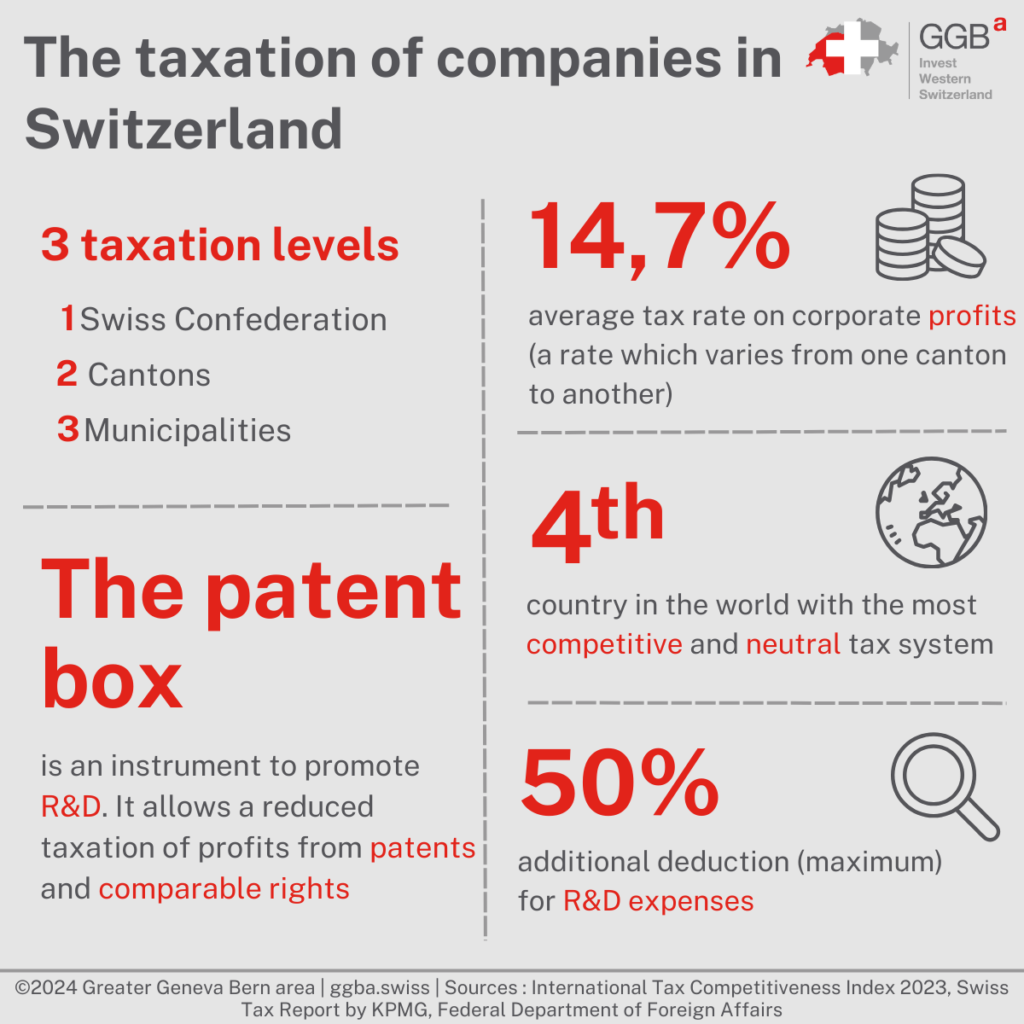Investing in the stock market can be a rewarding endeavor, but understanding the tax implications is crucial, especially in a country like Switzerland with its unique tax system. Switzerland offers a favorable environment for investors, yet navigating the nuances of stock investment taxation requires careful attention. This article provides a comprehensive overview of how stock investments are taxed in Switzerland, covering everything from capital gains to dividend income and wealth taxes. By understanding these regulations, investors can make informed decisions and optimize their tax strategies.
Capital Gains Tax on Stocks
One of the most attractive aspects of investing in stocks in Switzerland is the absence of a capital gains tax for private investors. This means that if you buy shares and later sell them for a profit, that profit is generally not subject to federal income tax. However, there are exceptions to this rule.
Exceptions to the Capital Gains Tax Exemption
While capital gains are generally tax-free, certain situations can trigger a tax liability. These include:
- Professional Trading: If you are considered a professional trader by the tax authorities, your stock market profits may be subject to income tax. This is determined based on factors such as the frequency and volume of your trades, the holding period of your investments, and the use of leverage.
- Indirect Partial Liquidation: This complex scenario involves the sale of shares in a closely held company followed by a distribution of reserves to the remaining shareholders within a certain timeframe.
Taxation of Dividends
Dividends received from stock investments are subject to income tax in Switzerland. This applies to both dividends from Swiss companies and dividends from foreign companies.
Withholding Tax on Dividends
Swiss dividends are typically subject to a 35% withholding tax (Verrechnungssteuer). This tax is deducted at source by the company distributing the dividend. However, Swiss residents can reclaim this withholding tax by declaring the dividend income on their tax return. Foreign investors may be able to reclaim a portion of the withholding tax depending on the tax treaty between Switzerland and their country of residence.
- Declare your dividend income accurately on your tax return.
- Ensure you have the necessary documentation to reclaim the withholding tax.
Wealth Tax
Switzerland levies a wealth tax (Vermögenssteuer) on the net assets of its residents. This includes the value of your stock investments. The wealth tax is levied at the cantonal level, and the rates vary depending on the canton.
Tax Optimization Strategies
Several strategies can help you optimize your tax situation when investing in stocks in Switzerland:
Contribute to Pillar 3a: Contributions to a Pillar 3a retirement account are tax-deductible and can help reduce your taxable income. You can invest your Pillar 3a assets in stocks, potentially generating tax-advantaged returns.
Hold Investments for the Long Term: While not directly related to capital gains tax (since it’s usually tax-free), a long-term investment strategy can help you avoid being classified as a professional trader.
Consult with a Tax Advisor: Given the complexities of the Swiss tax system, it’s always advisable to consult with a qualified tax advisor who can provide personalized guidance based on your individual circumstances.
FAQ: Stock Investment Taxation in Switzerland Q: Are capital gains from selling stocks taxed in Switzerland?
A: Generally, no. Capital gains realized by private investors are typically tax-free at the federal level. However, exceptions exist for professional traders and in cases of indirect partial liquidation.
Q: How are dividends taxed in Switzerland?
A: Dividends are subject to income tax. A 35% withholding tax is deducted at source, but Swiss residents can reclaim this tax by declaring the dividend income on their tax return.
Q: What is the wealth tax, and how does it affect stock investments?
A: The wealth tax is a cantonal tax on the net assets of residents, including the value of stock investments. The rates vary depending on the canton.
Q: Can I deduct losses from stock investments on my tax return?
A: Generally, losses from stock investments cannot be directly deducted from your income. However, they may offset taxable capital gains if you are considered a professional trader.
Q: How can I optimize my tax situation when investing in stocks?
A: Consider contributing to Pillar 3a, holding investments for the long term, and consulting with a tax advisor.

